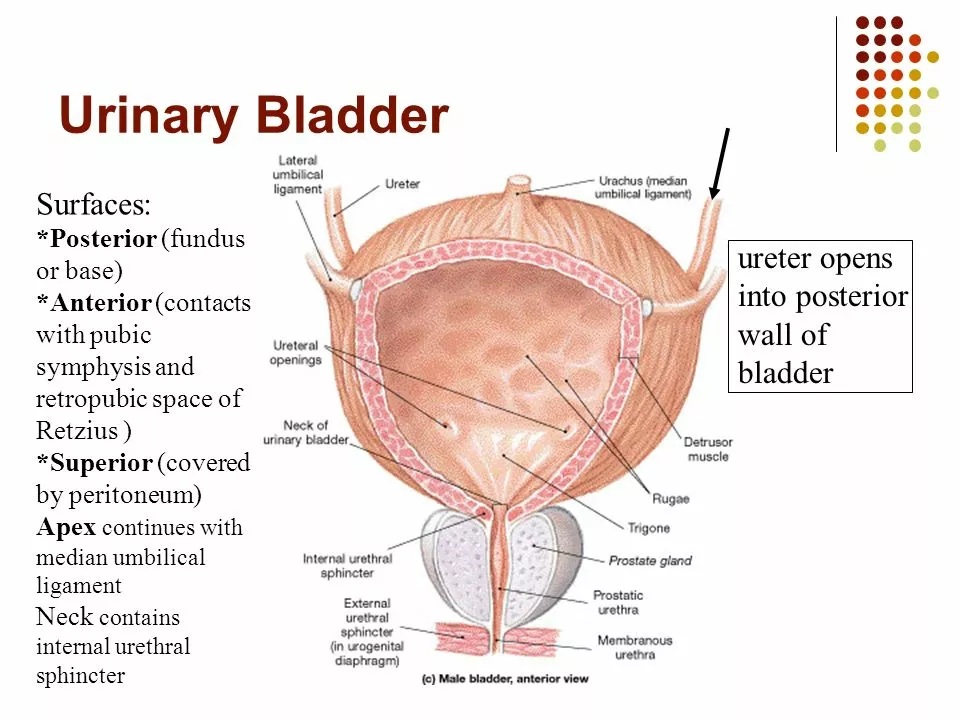Bladder Issues: Simple Explanations and Real Solutions
Dealing with bladder issues can throw your whole day off. If you find yourself running to the bathroom too often, waking up at night to pee, or feeling pain when you go, you’re not alone. Millions wrestle with these problems—and understanding what’s actually going on is half the battle.
One of the most frustrating things about bladder issues is how unpredictable they are. You might have an overactive bladder, where you feel the urge to pee even when your bladder isn't full. Maybe you notice leakage when you sneeze or exercise. Or perhaps it’s pain—burning, pressure, or even spasms—that keeps cropping up. Each of these can signal a different underlying problem, from infections to chronic inflammation or nerve-related troubles.
Spotting the exact source can be tricky. Common causes include urinary tract infections (UTIs), overactive bladder, bladder stones, or chronic interstitial cystitis. Sometimes medication side effects or even the foods you eat—think caffeine, spicy foods, or artificial sweeteners—can fuel symptoms. A lot of people don’t realize things like dehydration, stress, or certain supplements can make problems worse, too.
Treatment calls for a mix of lifestyle tweaks and, sometimes, medication. Simple adjustments—like drinking enough water, limiting caffeine, or doing pelvic floor exercises—can help. Tracking symptoms in a journal helps, too—it’s surprising how much this can pinpoint triggers. If things don’t improve, doctors often suggest medications like antimuscarinics or beta-3 agonists for overactive bladder. For infections, antibiotics are the go-to, but skipping doses or stopping early means trouble returns.
Supplements and natural remedies come up a lot in online searches. While some folks find relief with cranberry extract, D-mannose, or pumpkin seed oil, these aren’t magic bullets. What works for one person may do nothing for another. If you’re considering supplements, check for side effects—some interact with other meds or may worsen symptoms.
If you’ve tried everything and still feel stuck, don’t brush it off. Persistent or worsening bladder problems need medical attention, especially if you see blood in your pee, have fever with pain, or can’t empty your bladder. Sometimes what seems like a basic infection masks something more serious—so paying attention and speaking up can save a lot of misery.
Bladder issues aren’t just an “older adults” problem. They hit anyone—men, women, even teens. If you’re unsure whether your symptoms are normal or not, resources on DrugRevenue.com break down the signs, options, and medications available right now. No stuffy jargon, just real, practical information to help you feel better.
Ready to get more details? Dive into expert guides on medications, compare new treatments, and read about clear steps you can take today. Don’t let bladder troubles run your life—get answers that are easy to understand and actually help.
Oxybutynin and Aging: Addressing Bladder Issues in Older Adults
As we age, it's not uncommon for bladder issues to arise, and one treatment option that has proven helpful is the use of oxybutynin. This medication works to alleviate symptoms such as frequent urination and urgency, giving older adults more control over their bladder. It's essential to consult with a healthcare provider to determine if oxybutynin is the right choice for your needs, as there may be side effects or interactions with other medications. Overall, this medication can significantly improve the quality of life for older adults struggling with bladder issues. It's important to address these concerns early on to maintain a healthy and active lifestyle.
